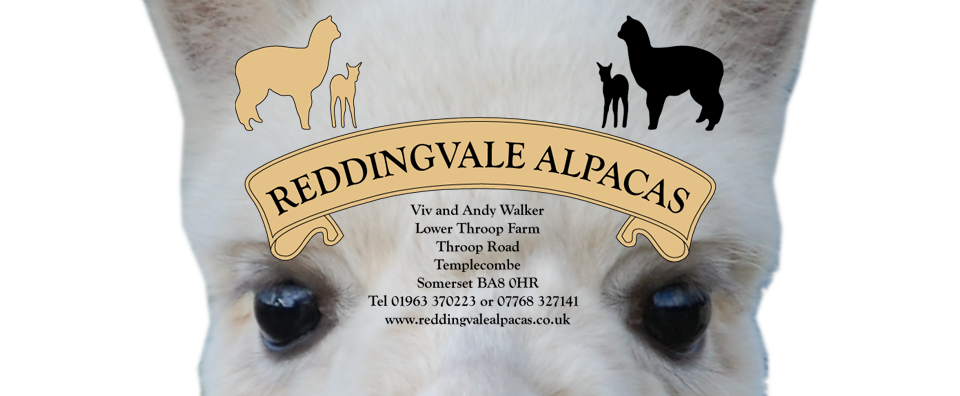
About Alpacas
 Alpacas are South American Camelids (Camelidae) and are related to Llamas, Guanacos and Vicuña. They originate from Peru, Chile and Bolivia. They have been domesticated for at least 6,000 years and were cherished by the ancient Incan civilisation. They are mainly farmed in South America by peasants on the high plains of the Andes at 10,000 to 14,000 feet above sea level. The climate is extreme from below freezing temperatures at night to warm, sunny sometimes hot days.
Alpacas are South American Camelids (Camelidae) and are related to Llamas, Guanacos and Vicuña. They originate from Peru, Chile and Bolivia. They have been domesticated for at least 6,000 years and were cherished by the ancient Incan civilisation. They are mainly farmed in South America by peasants on the high plains of the Andes at 10,000 to 14,000 feet above sea level. The climate is extreme from below freezing temperatures at night to warm, sunny sometimes hot days.
There are two types of Alpacas: the Huacaya and Suri. The Huacaya’s fibre grows perpendicular to the skin giving them a “Teddy Bear” appearance, whereas the Suri fibre is grouped in lustrous spiral locks giving the “dreadlock” look.
Alpacas live for about 15 to 20 years and adults grow to about 3 feet in height at the withers and weigh between 50 to 80kg. They produce a cria (baby) after approximately 11.5 months gestation and births generally occur during daylight hours.
There are 22 naturally occurring colours ranging from black through to grey, brown, fawn and white, The Huacaya are sheared annually in May, June or July and the Suri are sheared every other year. Alpacas are herd animals and need to be kept in minimum groups of three. They can be kept at a stocking density of 4 to 6 per acre depending on the grass quality. They are hardy animals and do not mind the cold but do appreciate shelter during heavy rain and when they have young cria. They do not generally challenge fences despite being agile jumpers and 4 foot high stock fencing is usually sufficient. They require twice annual vaccination and worming. Foot trimming is required 4 to 6 times per year (depending on the hardness of the ground). They eat mainly grass and hay but require appropriate vitamin and mineral supplements daily. They are mainly grazers but also browse accessible trees, shrubs and hedges.
The question most people ask ‘Do Alpacas Spit’, the answer is yes, as it is a defence mechanism, but mainly at each other and rarely at humans.
They are bred chiefly for their fibre which is as soft as cashmere but even warmer. The fibre is processed into yarn and woven into fabric and is a great favourite with hand spinners. Alpacas make superb guard animals protecting sheep and chickens from foxes. Many are kept as pets to keep the grass down in orchards and paddocks. They are gentle, inquisitive animals and when accustomed to their owners very easy to handle.